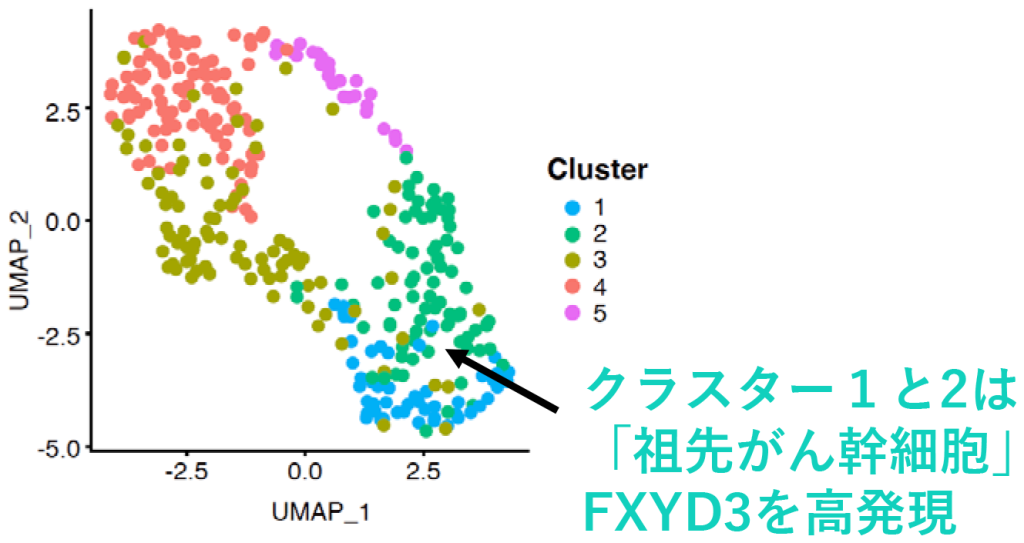Organization
Division of Cancer Cell Biology
Staff

Professor
GOTOH, Noriko

Assistant Professor
TAKEUCHI, Yasuto (Young PI)

Assistant Professor
Hongu, Tsunaki
Aims, Ongoing Projects, and Recent Achievements
Our major research interest is to elucidate the molecular mechanisms regulating cancer cells, stem cells and cancer stem cells. Our team has two important research directions: One is to clarify the basic principles underlying biology and the other is to apply the knowledge extracted from the basic principles to translational medicine. In order to achieve the goal, we take challenging approaches of molecular biology and systems biology, in addition to conventional methods of molecular biology.
- Molecular mechanisms of cancer initiation, progression and metastasis: breast cancer stem cells as key players
By analyzing the mouse cancer model or primary cancer cells derived from human specimens, we attempt to identify novel molecular targets and biomarkers for cancer. We are collecting breast cancer patient samples and culturing them as spheroids and organoids and constructing patient-derived xnograft models (PDXs). - Analysis of mitochondrial metabolic pathways in cancer cells
“One carbon metabolism” in which one carbon derived from serine is activated specifically in cancer cells. We have found that the one carbon metabolism is not only used for de novo synthesis of DNAs or RNAs but also for maintenance of cancer stem cells. Furthermore, these enzymes are promising molecular targets for cancer therapy. - Signal transduction mechanisms through receptor tyrosine kinases (RTKs) for tumorigenesis and stem cell maintenance
Fibroblast growth factor (FGF) and epidermal growth factor (EGF) RTKs play major roles for a variety of physiological and pathological aspects of biology, including stem cell biology, and cancer biology. We focus on FRS2 family of adaptor/scaffolding docking proteins, as key intracellular signal regulators of these RTKs.

Cancer stem cell (CSC) populations within breast cancer tissue can be enriched using antibodies against membrane proteins neuropilin 1 (NRP1) or insulin-like growth factor receptor 1 (IGFR1). Following this enrichment, single-cell RNA sequencing was conducted, resulting in the identification of five distinct clusters (figure). Among these, we termed the CSCs within clusters 1 and 2 as ‘ancestor-like CSCs’ due to their resemblance to mammary progenitor cells, believed to be the origin of breast cancer. These ancestor-like CSCs were found to exhibit high expression of membrane protein FXYD3, rendering them the most resilient cell populations against anticancer drugs, earning them the designation of drug-tolerant persisters (DTPs). FXYD3 plays a pivotal role in safeguarding Na-K pump on the plasma membrane. Excitingly, our research revealed that cardiac glycosides, which have been used for treatment of cardiac failure, effectively inhibits the Na-K pump, thereby eliminating DTPs – the ancestor-like CSCs. This discovery unveils the potential of the cardiac glycosides in preventing breast cancer recurrence. By uncovering the mechanisms underlying drug resistance in CSCs and identifying a targeted therapeutic approach, our findings offer new avenues for combating breast cancer.

